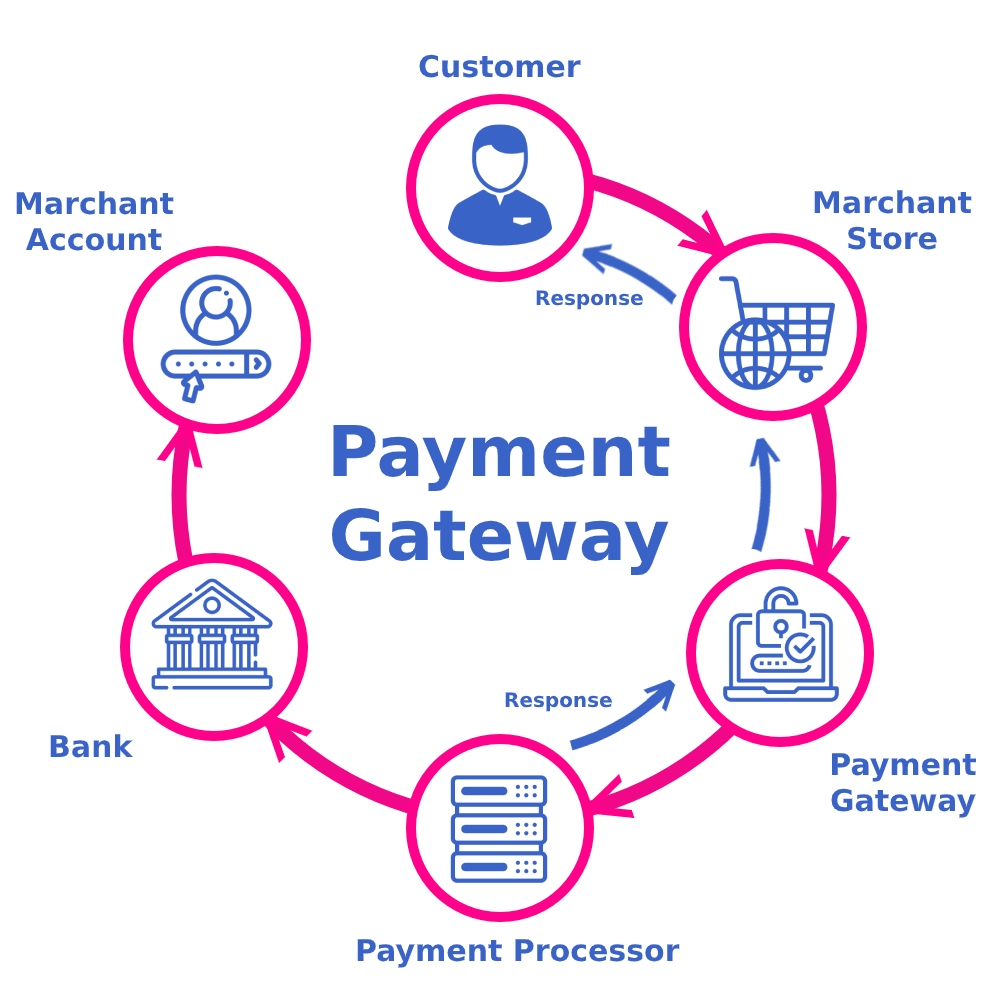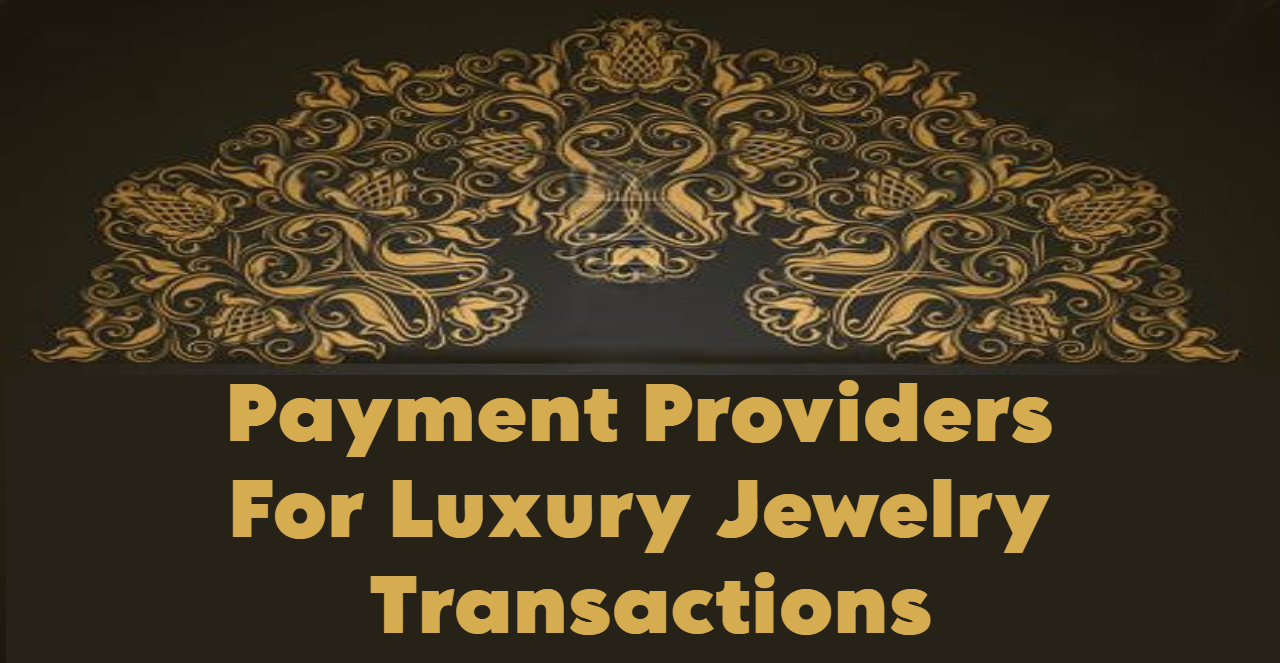Author : Winnie Rogers
Introduction
When it comes to buying or selling luxury jewelry, the payment process[1] is just as important as the quality of the piece itself. Luxury jewelry transactions require a level of security, efficiency, and professionalism that standard payment solutions may not provide. To ensure that both buyers and sellers are protected, it’s crucial to choose the right payment providers for luxury jewelry transactions. In this article, we will explore the key factors to consider when selecting a payment provider, the types of payment options available, and the benefits of using specialized solutions.
Why Specialized Payment Providers for Luxury Jewelry?
Luxury jewelry transactions[2] are distinct in several ways. They involve high-value goods, often with complex authentication processes, and they may require international transfers with varying currencies. Using a standard payment gateway for such transactions might expose both buyers and sellers to potential risks, such as fraud, chargebacks[3], or delays. Therefore, specialized payment providers for luxury jewelry transactions are essential for the following reasons:
1. Enhanced Security
Luxury jewelry is a high-ticket item, which makes it a target for fraud. Specialized payment providers offer robust security measures such as encryption, two-factor authentication[4], and fraud prevention algorithms to ensure the safety of both parties.
2. Support for High-Value Transactions
Standard payment processors often have transaction limits, which could be restrictive for high-value jewelry purchases[5]. Specialized providers can accommodate large sums, enabling seamless transactions without the need for multiple payments.
3. Global Reach
Luxury jewelry is a global business. Whether buying from a boutique in Paris or selling to a collector in Tokyo, specialized payment solutions are designed to handle cross-border transactions efficiently, with currency conversion and international banking integrations.
4. Dispute Resolution
In the luxury sector, the stakes are higher, and disputes over authenticity, condition, or payment can occur. Specialized payment providers often offer better dispute resolution mechanisms to protect both the buyer and seller.
Types of Payment Providers for Luxury Jewelry Transactions
There are several types of payment providers for luxury jewelry transactions, each offering unique features tailored to high-end commerce. Let’s take a closer look at these options.

1. Credit and Debit Card Payment Gateways
Credit and debit card payments are one of the most common methods for purchasing luxury jewelry. Payment gateways like Stripe, Square, and PayPal are widely used and can be customized for luxury retailers. These systems support secure transactions and are equipped with fraud detection tools, chargeback management, and customer verification processes.
2. Bank Transfers
For larger transactions, bank transfers are often preferred. They provide a higher level of security and reliability, especially for high-ticket luxury jewelry pieces. Many luxury jewelers offer direct wire transfer options, which are considered safer for substantial amounts of money.
3. Escrow Services
In luxury jewelry transactions, especially when dealing with rare or one-of-a-kind pieces, escrow services play a crucial role. Services like Escrow.com ensure that the buyer’s payment is held securely until both parties are satisfied with the terms. This protects both the buyer and the seller, ensuring that the jewelry is authentic and meets expectations before the funds are released.
4. Cryptocurrency Payment Providers
Cryptocurrency is emerging as a potential payment solution for high-end transactions, including luxury jewelry. Platforms like BitPay and Coinbase Commerce allow jewelers to accept payments in digital currencies such as Bitcoin or Ethereum. Cryptocurrencies provide fast and secure transactions, and many buyers see them as a way to circumvent traditional banking systems.
5. Luxury-Specific Payment Platforms
Some luxury-focused payment providers, like Authenteq or Gemini Pay, specialize in high-end goods and services, offering tailored solutions for jewelry transactions. These platforms may combine features like verification of authenticity, secure escrow, and digital receipts, making them ideal for both online and in-store luxury jewelry purchases.
Key Considerations When Choosing Payment Providers for Luxury Jewelry Transactions
Selecting the right payment providers for luxury jewelry transactions is critical to ensure a seamless and secure buying or selling experience. Below are some key factors to consider when choosing a payment provider:

1. Security and Fraud Protection
Given the high-value nature of the items involved, security is paramount. Look for payment providers that offer multi-layered fraud prevention tools, such as encryption, tokenization, and real-time transaction monitoring.
2. Transaction Fees
Payment processors typically charge fees for their services. It’s important to understand the fee structure and ensure it aligns with your business model. For luxury jewelry transactions, fees may be higher due to the value of the transaction, so consider providers with competitive rates for large purchases.
3. International Capabilities
Luxury jewelry often involves international transactions, so a provider with robust support for multiple currencies and countries is essential. Check whether the provider offers seamless cross-border payments and integrates with international banking systems.
4. Customer Support
Exceptional customer service is a must for handling any issues that arise, especially when dealing with high-value items. Opt for providers that offer 24/7 support and are experienced in managing disputes related to high-end goods.
5. User Experience
A smooth, intuitive user experience is vital for both buyers and sellers. Choose a provider that offers an easy-to-use interface, whether it’s for online payments or in-store transactions. This ensures that the payment process is hassle-free and contributes to an overall positive customer experience.
Benefits of Using Specialized Payment Providers for Luxury Jewelry
Using a specialized payment provider for luxury jewelry transactions offers numerous advantages. Let’s break down the key benefits:
1. Improved Buyer Confidence
Buyers of luxury jewelry expect a secure and trustworthy transaction experience. Knowing that their payment is being handled by a reputable payment provider helps build confidence and trust in the seller, which can result in higher conversion rates and repeat customers.
2. Efficient Payment Processing
Luxury jewelry transactions often involve large sums of money, which can take time to process. Specialized payment providers are equipped to handle these transactions swiftly and accurately, ensuring that funds are transferred without unnecessary delays.
3. Comprehensive Protection Against Fraud
High-value jewelry transactions are vulnerable to various types of fraud, from credit card chargebacks to counterfeit goods. Specialized payment providers offer extra layers of protection, reducing the likelihood of fraud and enhancing security for both parties.
4. Tailored Solutions for the Luxury Market
Many payment providers specializing in luxury goods offer features tailored to the needs of high-end retailers. These features may include detailed tracking, provenance verification, and customizable invoices, which are essential when dealing with expensive, rare, or vintage jewelry.
Conclusion
Choosing the right payment providers for luxury jewelry transactions is essential for ensuring a safe, efficient, and professional buying or selling experience. Whether you’re a buyer seeking a seamless payment process or a seller protecting your high-value assets, the right payment provider can make all the difference. By considering factors like security, international capabilities, and transaction fees, you can find a solution that meets your unique needs and enhances the luxury jewelry experience for both parties.
FAQs
1. What is the best payment provider for luxury jewelry transactions?
The best payment provider depends on your specific needs, but some popular options include PayPal, Stripe, Escrow.com, and luxury-specific platforms like Authenteq. Each offers different benefits depending on factors such as transaction volume, international reach, and security features.
2. How do escrow services work in luxury jewelry transactions?
Escrow services act as a middleman, holding the buyer’s payment until both parties fulfill the terms of the agreement. In the case of luxury jewelry, the buyer can inspect the jewelry’s authenticity and condition before the funds are released to the seller.
3. Are cryptocurrency payments secure for luxury jewelry transactions?
Cryptocurrency payments can be secure if processed through reputable platforms like BitPay or Coinbase. However, because of the volatility of cryptocurrencies, both buyers and sellers should carefully consider the risks before opting for this payment method.
4. What payment methods are most commonly accepted by luxury jewelers?
Luxury jewelers typically accept credit and debit cards, bank transfers, escrow payments, and sometimes even cryptocurrencies. Some jewelers also offer specialized payment platforms designed specifically for high-end transactions.

